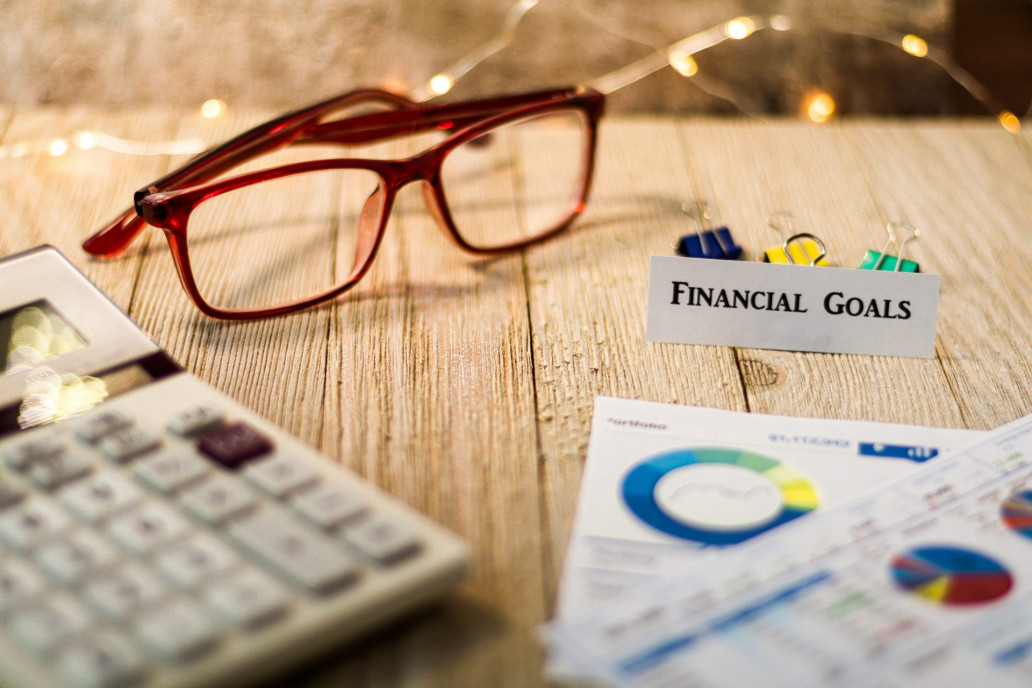

Did you know that the average income in Canada is only around $55,000? This number is often not enough to cover a household’s regular expenses, debts, and other financial matters. If you’ve ever been stressed because of your finances and don’t know what to do to get out of your financial rut, don’t worry because there are a few ways in which you can start saving and earn your way towards financial freedom.
There are three primary savings goals you should prioritize above all else: your emergency fund, paying off debt with high interest, and your retirement fund. As long as you have these saving strategies figured out, you will find it much easier to leave your financial burdens behind you. But where should you start?
Keep reading and learn more about how to reach your three primary savings goals as soon as possible.
1. Focus On Your Emergency Fund
Your emergency fund, as the name suggests, is all about having enough money saved up in case an unexpected event or emergency comes into your life. Many people don’t have an emergency fund set up, which can seriously wreak havoc upon one’s financial situation if an unexpected problem does happen to pop up. For example, suppose you have no money saved up for your emergency fund, and then your car stops working.
You’ll have to take your car in to get fixed, and depending on what’s wrong with it, you might have to end up spending several hundred dollars. If you don’t have any money saved up to face such a problem, you will quickly find yourself in more debt than you were before. Of course, if this happens, it will be very difficult to crawl your way out of this financial hole.
But if you have at least a small emergency fund set aside (even if it doesn’t meet your total savings goal), it should still be able to keep you afloat. If you have a very large emergency fund, then these unexpected problems wouldn’t be much of a problem to begin with. But how large should your emergency fund be?
The Size of an Emergency Fund
As a rule, you should aim to have 3 to 6 months of savings available. That way, in case a large problem arises that keeps you from working for a long time, such as an injury, you will have enough money to keep you afloat until you recover. Some people may decide to have an even larger emergency fund that can keep them going for a year or more.
While this can be helpful if an extreme situation arises, it is usually not necessary to have such a large emergency fund. Instead of putting all of your money into your emergency fund, you should also put it into other areas of interest, such as your retirement fund, or use it to pay off whatever debts you may have.
To start an emergency fund, all you need to do is put a bit of money aside every time you get a paycheck. Even if you can’t put aside a large chunk of money at once, saving a little bit here and there will eventually add up to a sizable emergency fund. If you have a hard time doing this, try cutting back on other spending in your life, such as reducing the amount you spend on wants.
2. Pay Off Your Debts
Debt can be a large source of stress for many people. High-interest debt is especially harmful. Because the interest is so high, each minimum payment you make won’t get you all that much closer to paying off the debt. As a result, you might end up staying in debt for years.
This, of course, is not ideal, especially if you’re trying to get out of a financial rut. For that reason, you will have to gather up all of your debts and find which ones have the highest amount of interest. Those with the highest interests are the most harmful to your finances because they suck up so much money.
Over the years, you might end up spending thousands of dollars on this kind of debt without making any progress in paying it off. Many people are wary about paying off their debts as fast as possible because they think they will have less money than before. While it is true that paying off your debts will leave you without a chunk of money for a certain period of time, paying off your debts is actually a great way to save money.
That’s because you won’t be draining so much of your money into interest. Once you toss away your high-interest debts, you will find that it will be much easier to focus on saving the money that you earn regularly. Instead of all your money going towards interest, it can go towards more important things such as your emergency or retirement fund.
How to Pay Your Debts
You will need to be a bit more financially aggressive when paying off your debts compared to creating an emergency fund. If you don’t keep up with your high-interest debt, it will only continue draining your finances. A good way to beat your debt is to save up a sizable chunk of money and then pay off whatever debt is causing you the most trouble.
This may take a while, depending on how fast you can save your money. Again, if you are having trouble saving money, try to avoid spending your money on luxuries such as manicures, desserts, and anything else that you don’t really need. Once you cut down on your wants, you will find that you will have much more excess money to save.
Once you pay off your debts, you’ll be much more financially free. You’ll have more money to save and also more money to spend on things that you want.
3. Saving for Your Retirement
Saving for your retirement, of course, is essential. Without having a sizable chunk of money in your retirement fund, you might find yourself struggling financially in your old age. Fortunately, saving for retirement is a long-term financial goal, so you won’t have to worry about building your retirement fund in the span of a few short years.
As you work and make money throughout your life, your retirement fund will only continue to increase as long as you plan accordingly. However, this doesn’t mean that you should put off saving for your retirement. If you put off this task for too long, you’ll find that you won’t have all that much time to put in enough money for your retirement.
For that reason, it is best to start saving as soon as you can. Putting in a small amount of money at first is a good way to start. That way, you won’t need to detract your finances from other aspects of your life, but you’ll still be able to have a bit of money saved up for your later years.
But as you get closer to retirement, it might be a good idea to start adding larger contributions to your fund. That way, when it’s finally time to retire, you’ll have plenty of money left in your retirement fund.
The Details
As long as you have plenty of money available, you’ll be free to do just about whatever you want in your old age, whether it be traveling, buying a new house, or anything else.
This is a much better scenario than not having a very large retirement fund. In that case, you might find that you’ll have to be careful with your spending, which, of course, you don’t want to deal with in your old age.
There are many ways you can save for retirement. Many jobs may offer you a retirement plan that can help you in this way. If you work for yourself, you may need to take a different approach.
Whatever the case, it is important to start saving for retirement early on in life. That way, you can get a head start on your retirement fund, and you certainly won’t have any problems building a sizable fund that you can comfortably live on later on in life.
Your Three Primary Savings Goals
Having three primary savings goals is important for achieving financial freedom. By having an emergency fund, paying off your debt, and saving for retirement, you’ll no longer have to worry about your finances. Instead, you can enjoy the comfort that financial savings bring you throughout your life.
If you want to learn more about achieving financial freedom, don’t hesitate to contact us here.





